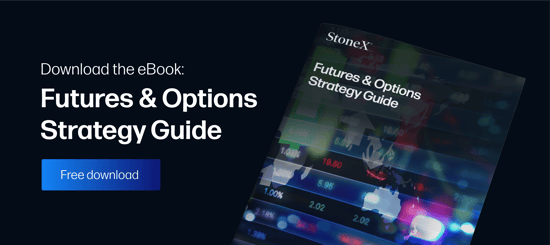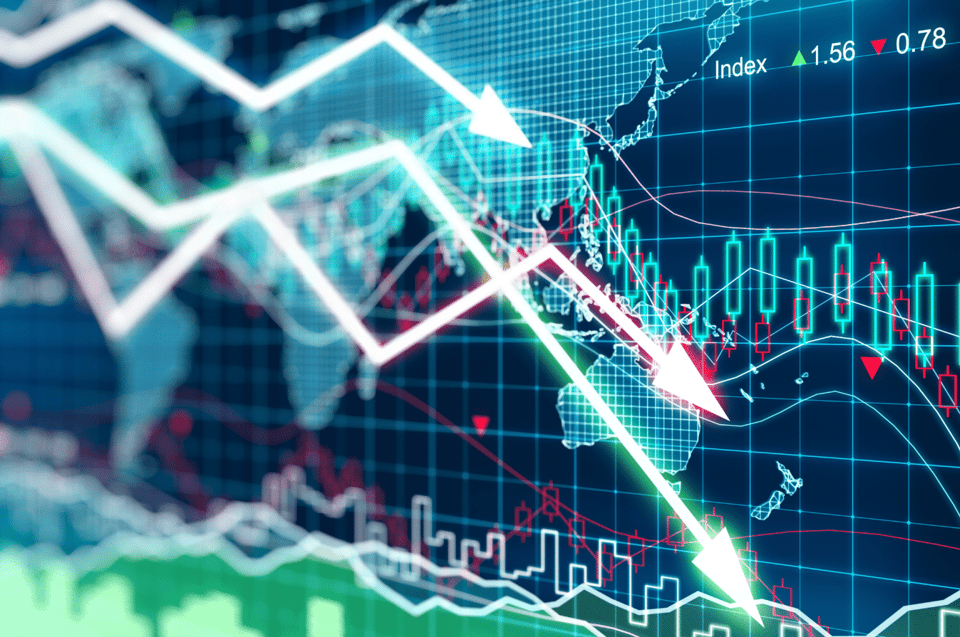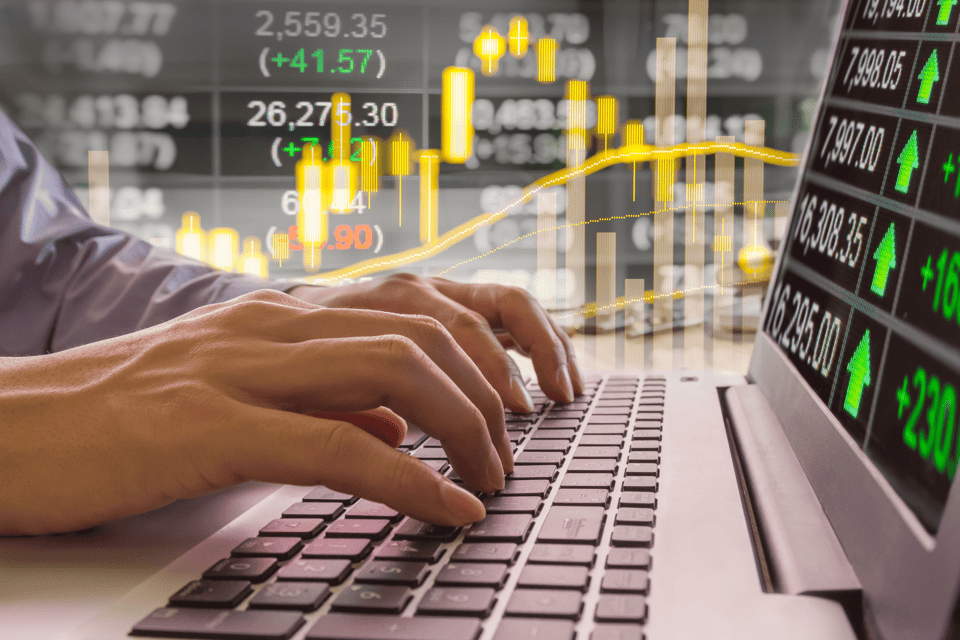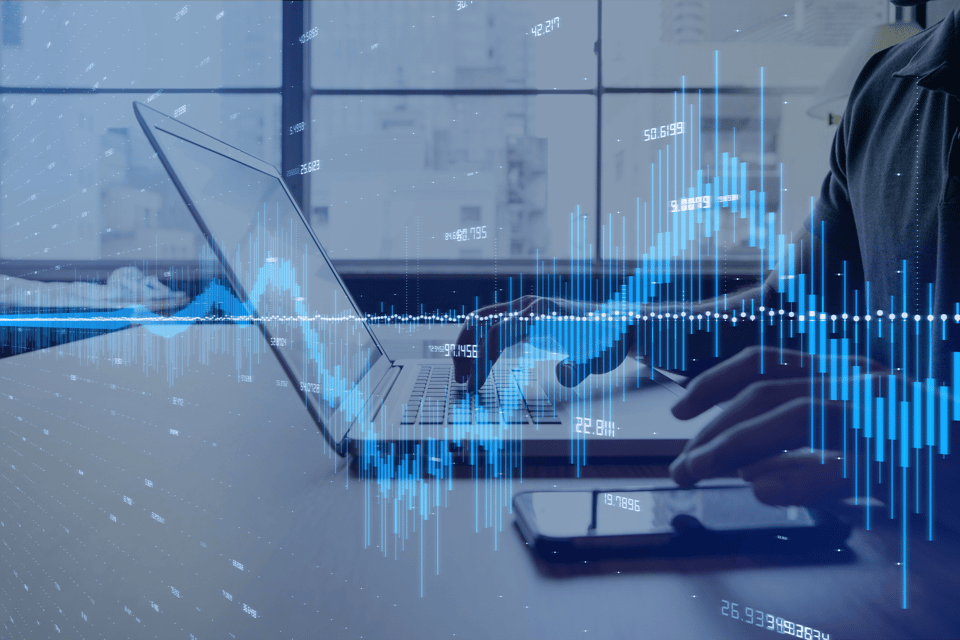Perhaps the biggest misconception among the public regarding trading is that trading and investing are the same thing. Nothing could be further from the truth―each is a separate discipline, with unique functions and goals.
If you’re new to the capital markets, then understanding trading versus investing is a key first lesson in your education.
Building Wealth Through Investing
The primary goal of investing is to build wealth by assuming long-term positions in various financial markets. Championed by traditional “buy-and-hold” practitioners such as Warren Buffett, investing is a time-honored method of securing market share.
Essentially, investing is the art of capitalizing on macro trends by spotting an asset’s intrinsic value. This goal may be accomplished in a variety of ways, but it is often based on several key principles:
- Fundamental analysis: Investors frequently craft decisions based on market fundamentals. Analysis of balance sheets, income statements, and the broader social and economic environments serve as the basis for market entry and exit.
- Extended horizons: The timelines or “investment horizons” for open positions in the market are long-term in nature. Investment horizons are measured in years and decades, not weeks or months.
- Portfolio diversification: Diversification is an important part of investment risk management. Various assets are included in investment portfolios, specifically stocks, bonds, mutual funds, real estate, and futures contracts. If you have an IRA or 401(k), then you already have a portfolio.
- Compounded returns: Investors habitually reinvest profits or dividends to expand holdings. Over time, the sizable positions may boost capital growth.
All in all, investing is a largely passive endeavor. Assets are purchased and then left alone to mature. This is one of the most important trading versus investing contrasts: position management. Investors ignore short-term price action because they expect the long-term trend to nullify periodic losses. In turn, profits are projected to be extensive―many times that of the original investment.
Generating Cash Flow via Trading
The primary objective of trading is to generate consistent cash flows. This may be accomplished by frequently buying and selling (or vice versa) financial instruments. While the Warren Buffetts of the world are committed to buy-and-hold, traders such as John Tudor Jones and Richard Dennis favor a more active approach to the markets.
To generate regular profits, traders thrive on pricing volatility and leverage. By trading active securities such as futures on margin, many participants are able to secure steady cash flows. In order to achieve this objective, a trader’s perspective typically involves the following attributes:
- Technical analysis: Even though market fundamentals may be referenced by active traders, precision is a big part of sustaining profitability. Subsequently, technical indicators and tools are routinely used to govern continual market entries and exits.
- Compressed time frames: Traders conduct business on condensed horizons. Accordingly, trade durations exist on intraday, day, or swing timeframes.
- Market liquidity: Given the greater number of buys and sells, efficiency is of paramount importance to traders. Products that feature robust market depth and liquidity are conducive to success for active trading strategies. Two instruments ideal for active trading are futures and options contracts.
- Aggressive risk management: Whereas investors are at ease with periodic capital drawdowns, active traders are not. Competent trading requires that negative positions are quickly cut off and losses realized.
Compared to investing, trading is an active endeavor. Decisions are made on vastly shorter time frames and profitability is reliant upon efficiency. The trading vs. investing paradigm may be summed up in three differences: time frame, frequency, and analytics.
Trading vs. Investing: Which Is Right for You?
Perhaps the best way to decide whether trading or investing is right for you is to examine your market-related goals. If building wealth over the long haul is job No. 1, then investing is a viable alternative. If generating a cash flow is your goal, then trading is a better fit. In either case, the futures markets can help you satisfy a wide variety of financial objectives.



